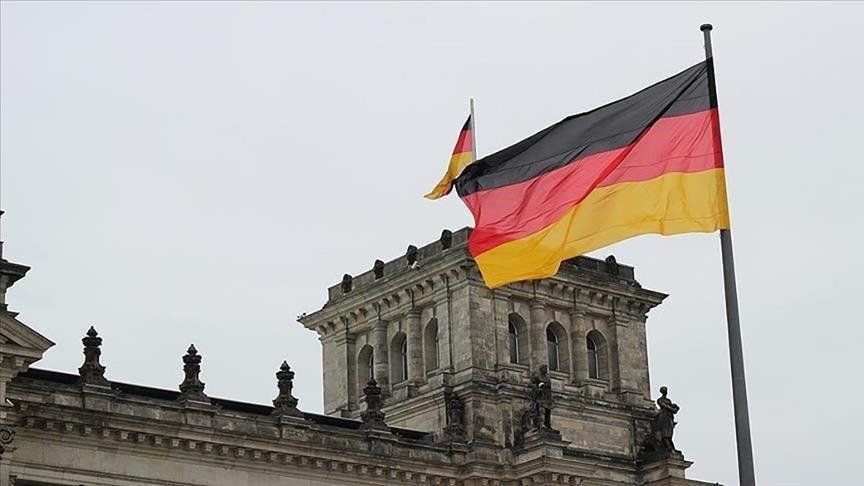Germans increasingly concerned about rise of far-right AfD party
'People have felt the enormity of this real breach of civilization, and have had the feeling that we must do something, show our stance against it,' constitutional law expert tells Anadolu

BERLIN
The rise of the far-right AfD party in recent opinion polls has caused growing worries in Germany about the future of democracy.
In a new survey conducted by the Forsa Institute for Social Research and Statistical Analysis, one of the country’s leading market research and opinion polling firms, 63% of Germans said they are concerned about the future of democracy in their country due to AfD's rising poll ratings.
The AfD's secret plans for the mass expulsion of immigrants, revealed last month by the investigative journalism network Correctiv, have further heightened concerns in the country.
Hundreds of thousands of people have taken to the streets in recent weeks to protest the AfD, calling on politicians to take a stronger stance against the xenophobic and racist propaganda of right-wing extremists.
Professor Ulrich Battis, a prominent constitutional law expert, told Anadolu that recent reports on the AfD’s plans to deport immigrants were horrendous, and showed the gravity of the threat.
“When I heard about this news, I said such a thing could not happen in Germany. It was outrageous, just like we were back in the Nazi era,” he said, adding that many people have come to recognize the serious threat to democracy.
“I believe that people have felt the enormity of this real breach of civilization, and have had the feeling that we must do something, show our stance against it,” Battis said.
Protests against the AfD have continued for weeks, bringing together different political groups and initiatives, including liberals, social democrats, and conservatives, as well as rights groups, trade unions, and youth movements.
Last weekend, hundreds of thousands of people joined demonstrations in various cities, including Hamburg and Dresden, carrying banners and placards condemning far-right ideology, and demanding a ban on the AfD party.
Norbert Er, one of the protesters, told Anadolu that they are determined to continue these protests and defend democracy against the AfD.
“Look at the German parliament. What happened here years ago will never happen again,” he said, referring to Nazi leader Adolf Hitler’s takeover of power in 1933, after the parliament building was burned down by arsons.
He said these protests show the strength of German democracy and will push back the AfD, hopefully leading to a decrease in support for the far-right party.
The AfD had reached a record high of 23% in December, but most recent polls show that support for the far-right party has begun to drop below 20% following media reports revealing its secret plans to deport immigrants.
A poll published by Forsa on Tuesday found that 17% of Germans plan to vote for the AfD and remained the second-strongest party after the conservative CDU/CSU bloc (30%).
The latest poll showed Chancellor Olaf Scholz's Social Democrat Party (SPD) at 14%, while their coalition partner, the Greens, was at 15% and the liberal Free Democrats (FDP), the junior coalition partner, at 5%.
The AfD first entered parliament in 2017, winning 12.6% of the vote; in the 2021 federal elections, it won 10.4%. In recent years, the party's vote share has nearly doubled, reflecting widespread dissatisfaction with the coalition government's policies.
In recent years, prominent members of the party have sparked controversy with anti-immigrant, antisemitic, and Islamophobic remarks. Critics accuse the AfD of encouraging xenophobia and anti-Muslim racism in Germany.
Anadolu Agency website contains only a portion of the news stories offered to subscribers in the AA News Broadcasting System (HAS), and in summarized form. Please contact us for subscription options.







